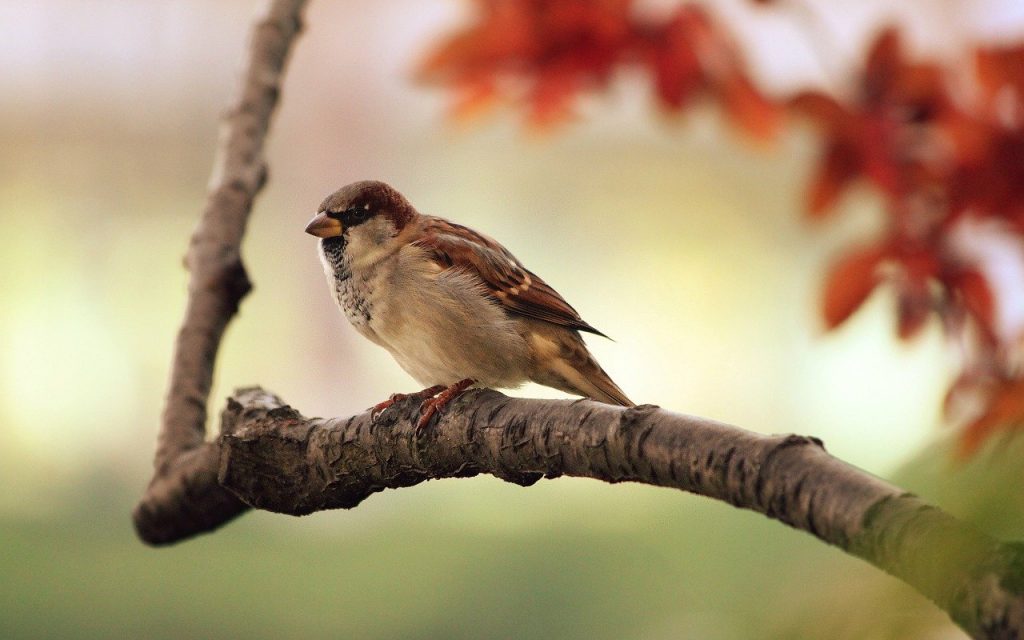One early morning in Gangtok, out on the breakfast terrace doubling up as a sun-bathing spot in a hotel, I was privy to a strangely uplifting sight. High up in the sea-blue sky, there’s something like a long, curved steel blade of a sword luminous like a brilliant cut diamond. It disappeared after a few minutes. On enquiry I came to know it’s the cone of the Kachenjunga.
The new few days I stayed there I searched the sky like a smitten lover for another sight. But it was not to be found. “Due to air pollution”, said the hotel manager. Presently, one hears, the cone appears on the scene almost every day.
Before the pandemic, our journey to Mount Abu from Abu Road railway station lost same of its sheen as we could hardly see peafowl, our national bird that once thickly populated the area. But now you are likely to spot often, there and elsewhere, a peacock fanning out its colourful train of feathers dancing to the sound of approaching rain.
Humans, having been forced to retreat into their concrete habitations, the branch lines and arterial thoroughfares falling silent due to travel restrictions, dolphin can be seen frolicking on deserted sea shores. Other wild animals too, in ones and twos, are setting foot on some city roads that were once a part of the forest.
But what cheers me up more than anything else is the return of the hop- skippity house sparrow, the childhood friend at our ancestral house. Their rapid disappearance from the surroundings was beginning to cast a pall of gloom. These chirpy little birds, happy with whatever you dish out to them, offer their friendship mostly to the elderly at old age homes, where there’s nobody else to provide companionship. For the past few weeks, I find our balcony on the third floor visited by these messengers of hope, twittering on the railing and offering music to my ears.
And imagine my surprise when the other day a poem called “Fledgling” by poet-professor Eunice De Souza, the then Head of English Department St. Xavier’s College, Mumbai, who I happened to meet at a writers’ fest in 2009, fell into my lap: I am grateful/ the sparrows have made/my house their home. All those months they stayed away/I waited for their return. Soon the fledgling will cling wide-eyed to the pelmet/as generations of wide-eyed fledglings/ have done. The mother scolds and chatters/forgetting/shadows which circle the sun.” Sadly, Eunice is no more, but how prophetic her poem has turned out to be.
What draws me to the sparrows is their divine way of dealing with the ‘shadows’ of life.
